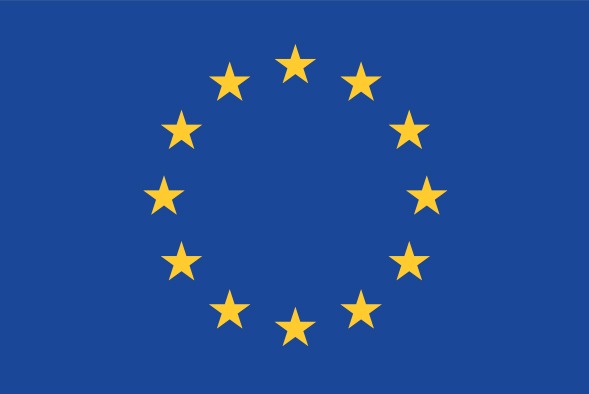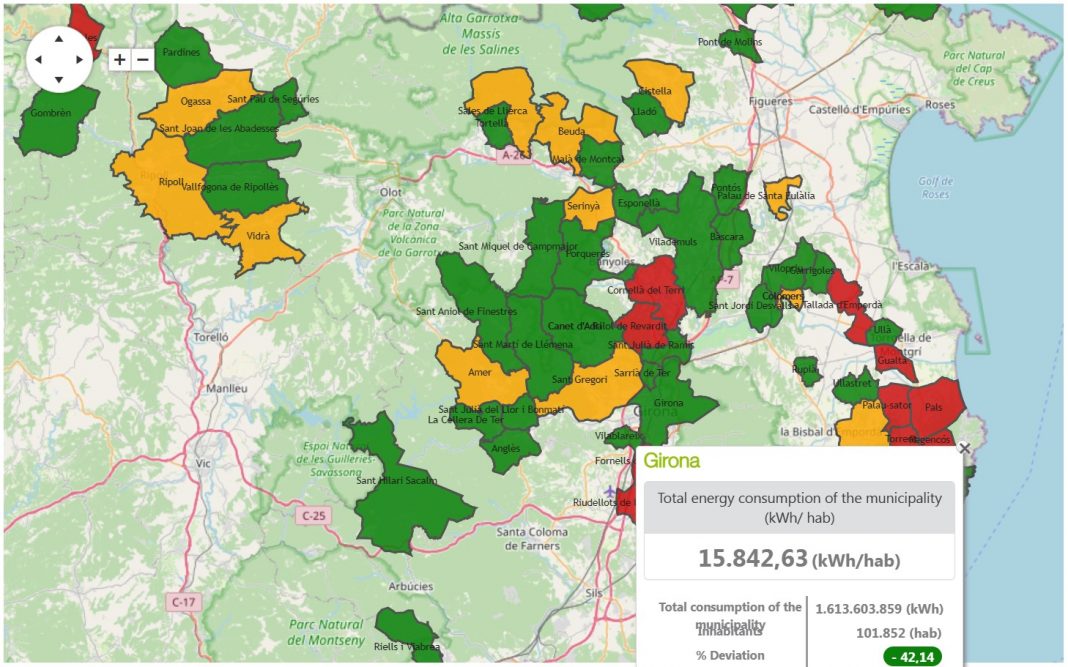Municipalities need tools to manage and achieve the local energy transition, according to Gerard Laguna Benet, Researcher at BEE Group – CIMNE
The European Union (EU) takes significant steps towards decarbonisation, aiming to be climate-neutral by 2050. To reach this ambitious target, the EU introduced a roadmap which set a 55% reduction of greenhouse gas emissions, above 32% share of renewable energy and at least 32.5% of energy efficiency improvement by 2030.
In this context, the municipalities have a significant role as the energy transition pushes Europe to a decentralised and local energy generation framework.
On one side, municipalities have a role to play in taking exemplary action to reduce energy consumption in their buildings. On the other side, to lead Europe towards climate neutrality, it’s essential to make efforts at the local level, considering each region’s specific characteristics and challenges. Therefore, municipalities have a vital role in the European energy transition.
Local energy transition initiatives in Europe
Numerous initiatives exist to catalyse the energy transition at the municipal level. These initiatives encourage the creation of energy transition plans that assess local energy consumption and power supply while evaluating the implementation of various measures to transition to more sustainable plus cleaner energy sources.
Country-level programs support some of these initiatives, such as in France. For instance, in France, inter-municipal entities known as “Etablissement Public de Coopération Intercommunale (EPCI)”, which stand as the second smallest administrative units just above municipalities, are required to create Territorial Air, Climate, and Energy Plans when they serve a population exceeding 20,000 residents.
At the European level, the Covenant of Mayors for Climate and Energy (CoM) is a voluntary movement promoting the development and implementation of sustainable energy and climate policies in local authorities. This European initiative aims for the local authorities to pledge a CO2 emissions reduction of over 40%, adapt to the climate change hazards and address issues related to energy poverty. This commitment is embodied in the Sustainable Energy and Climate Action Plan (SECAP). The SECAP is developed based on the baseline GHG emission inventory results and assessments of risks and vulnerabilities. It utilises data from all the local energy-consuming sectors and a deep understanding of the region to formulate an energy transition plan consisting of multiple actions aimed at mitigating and adapting to climate change at the municipal level.
Municipal energy transition barriers
The municipal energy transition strategies and their linked governance around Europe are quite heterogeneous. There are differences between countries and even between regions in the same country. The capacity for energy transition efforts can generally vary between cities and smaller towns or municipalities. Smaller municipalities, with their lower populations, typically have fewer resources than larger cities.
Many municipalities need more technical personnel because their resources are insufficient to cover hiring costs. Consequently, they do not have the capability to analyse municipal energy consumption and emissions, leaving them without a comprehensive perspective to evaluate their energy transition. This deficiency results in the municipality’s lack of specific energy transition actions.
Fortunately, many institutions from different regional and national levels are working on the energy transition. Nevertheless, in many cases, these institutions do not have any joint space or communication link to collaborate, neither from the same level nor with institutions from different regional levels. This communication lack leads to incoordination between institutions that could benefit from joining efforts.
Moreover, even when a technician is available, the task of collecting the necessary data for analysing municipal energy consumption and GHG emissions is quite labour-intensive. Typically, these data cannot be solely obtained by the municipality itself and rely on multiple databases from various sources, both public and private, such as energy distribution system operators. Consequently, this data collection process becomes a tedious and time-consuming undertaking.
The coincidence of both, the shortage of technical resources and the challenges associated with reliably gathering required data, results in the non-evaluation of the applied plans. Many plans are developed and executed, but the usual practice is not to evaluate the implementation outcomes.
Digitalisation & data sharing to overcome energy transition barriers
The ePLANET project has developed tools to overcome these barriers.The project framework addresses impediments associated with data collection and processing through standardised data harmonisation methodologies. These methodologies serve to gather and harmonise the necessary data for comprehending the status of municipal energy transition.
Additionally, the project focuses on digitalising energy transition plans and subsequently presents them through a user-friendly platform, facilitating seamless access and efficient sharing of this critical information.
The main advantages inherent in the ePLANET approach are manifold. Firstly, this approach streamlines the contextualisation of municipal energy transition, thereby necessitating fewer technical resources. This not only diminishes the workload for technicians but also facilitates resource-sharing among the municipalities. This cooperative approach proves highly efficient.
Secondly, ePLANET empowers regional or county-level authorities with a centralised system, allowing them to comprehensively analyse and provide more efficient support to municipalities in their energy transition efforts. This centralised access to the energy transition plans enhances regional and local coordination and overall governance.
Lastly, to enhance the deployment of energy transition initiatives, the information-sharing platform permits seamless exchange of vital data, best practices and insights among municipalities. This collaborative data-sharing fosters a more holistic and cooperative approach to pursuing a decarbonised energy transition.
This article was written by Gerard Laguna, Josep Mayos, Maite Sellart and Jordi Cipriano from CIMNE – BEE Group.


This work is licensed under Creative Commons Attribution-NonCommercial-NoDerivatives 4.0 International.


